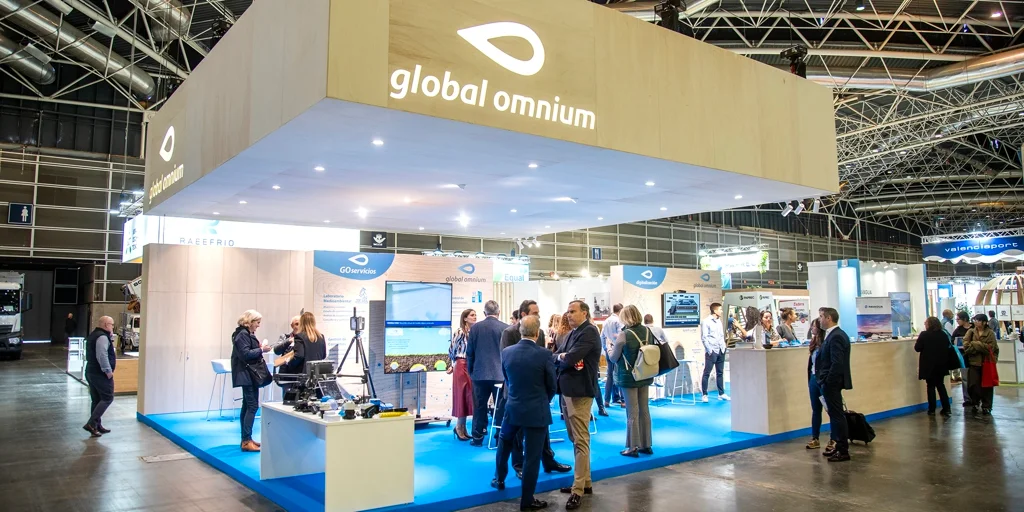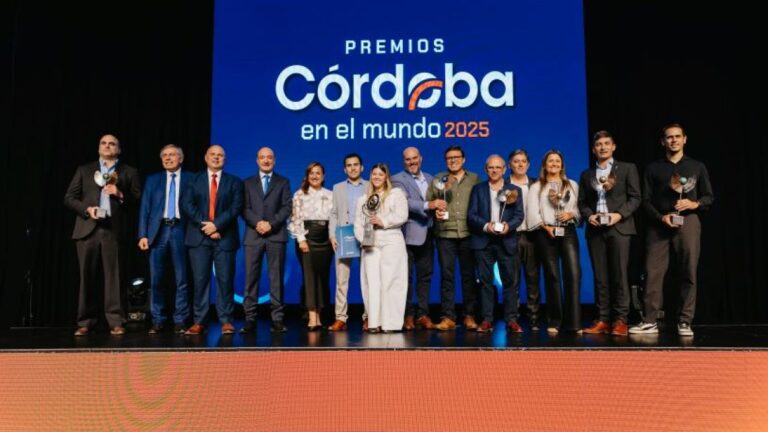
Water has become one of the major challenges of the 21st century. As climate change alters natural cycles and resources become scarcer, technological innovation is emerging as an essential ally to ensure resource management and conservation. … This is demonstrated by the following efforts: Global Omnium at EFIAQUA 2025a reference fair for water innovation and technology, the Valencian group is putting on the table a project that aims to redefine water management in Europe.
Over the years, the company’s strategy has revolved around simple but ambitious principles: applying cutting-edge technology to provide flawless service, guarantee water quality and minimize losses in the network. “We have long bet on innovation to provide efficient services so that not a single drop is lost along the way,” he points out. Dionisio GarciaGlobal Omnium Group CEO.
This vision is embodied in solutions such as georadar with centimeter GPS. This is a technology that allows you to locate buried pipelines and accurately know their depth and surface position without digging. The system allows you to predict incidents before any work or repairs are done, reducing intervention times and costs. In situations where water resources are under pressure, every hour and every liter counts.
But what’s on display at Efiaqua is more than just a showcase of technological advancements. Behind each development is a roadmap defined by five strategic issues: water quality, resource efficiency, circular economy, combating climate change and conserving biodiversity. Far from working separately, the five open fronts are integrated into the same departmental transformation strategy.
Its efforts are not limited to the national level. The Global Omnium team collaborates with European organizations and projects to participate in innovation networks that seek joint solutions to climate and environmental challenges. This commitment is decisive. A €33 million investment in innovation until 2026, with a focus on digitalisation, sustainability and improving management systems.
Its goals are not only technical, but also environmental and social. Optimizing the integrated water cycle means reducing energy consumption, avoiding leaks, promoting circular use of resources, and protecting the ecosystems on which supplies depend. All of this is in line with our commitment to international sustainability and our clear leadership mission in this field.
At Efiaqua, a hands-on demonstration helped highlight this commitment. Attendees were able to see advances made in excavation-free detection technology that enables intervention in urban networks with unprecedented precision, doubling the safety and efficiency of operations. Small changes can have big impacts on water management when applied on a large scale.
In short, what we saw in Valencia reflects a long-term strategy to use science, engineering and innovation to manage one of the most valuable and rare assets on earth. Their career is not measured only by the amount invested, but by the liters of water saved, the avoidance of carbon dioxide emissions and the protection of ecosystems. Because in an increasingly dry world, every drop counts.



